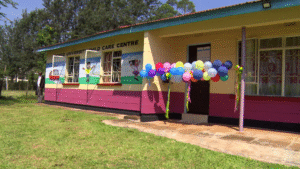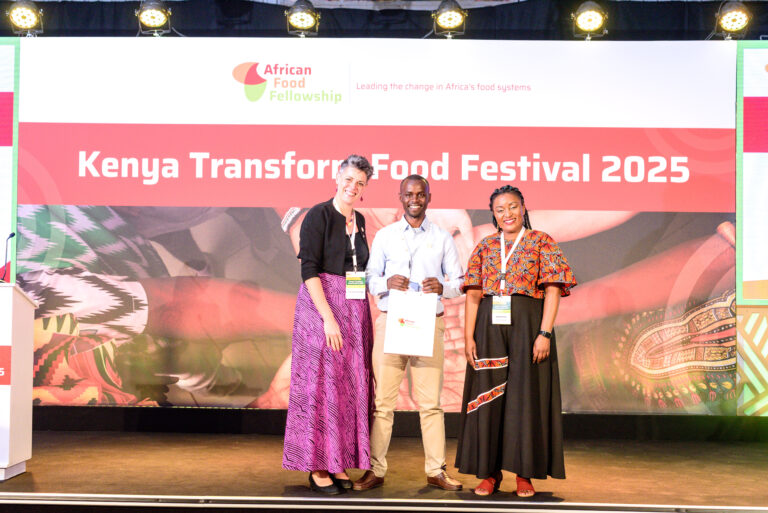“I was always stressed when it was time for my classes. Sometimes I ended up missing lectures because some lessons collided with my friend’s sessions”, said Claire Akoth, a fourth-year student of Sociology and Community Development at Rongo University in Kenya.
Claire is among many young mother students in Kenyan Universities who struggle to complete their studies while also playing the role of a mother.
In her case, she became pregnant during her first year on campus and had to bear the responsibility of raising the child while continuing her studies.
She relied on her roommate to care for the child while she attended classes. This was not a smooth arrangement. She missed quite a few lessons.
Mary Omondi, another learner at the university taking International Relations and Diplomacy, disclosed that she used to pump milk for her child to avoid missing lectures.
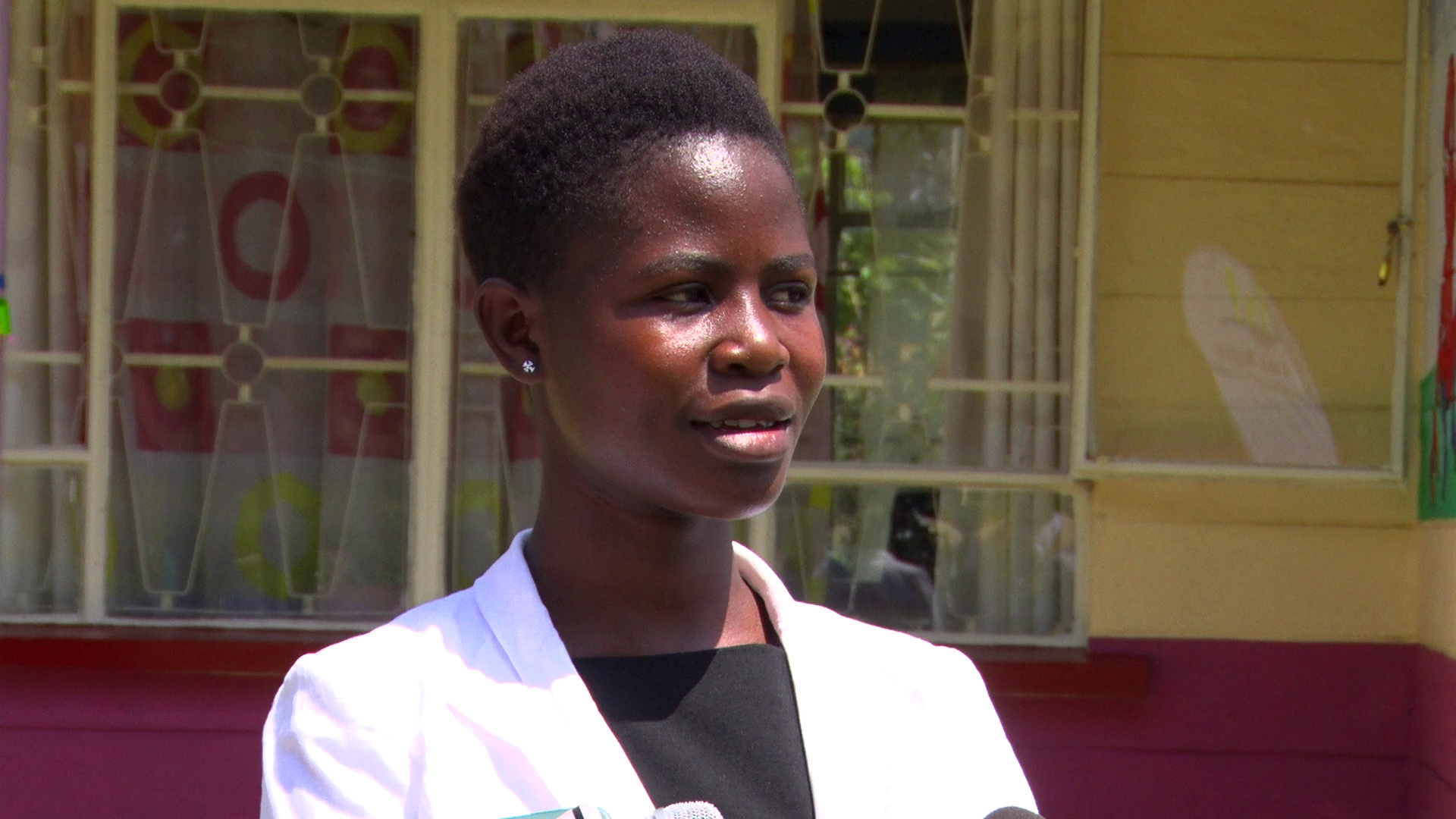
However, she explained that the process was not only tiresome but also unreliable, as the pumped milk could only last for three hours before spoiling.
“After every lesson, I had to ensure that I rushed back to the house to breastfeed my child because the pumped milk could only last for three hours. This was draining”, explained Omondi.
Omondi also disclosed that the lack of proper meals sometimes forced her not to breastfeed but to introduce the baby to porridge at a tender age to take care of her health. She was losing weight fast.
“Here we have a lot of financial challenges. Sometimes you can lack food that is needed to produce milk for you to breastfeed. ”, she said.
While Claire and Mary face challenges in balancing motherhood and studies, their struggles are shared by other breastfeeding women not only in Kenya, but also across Africa and beyond.
Exclusive breastfeeding (EBF) rates in Africa
Low exclusive breastfeeding (EBF) rates in Africa, averaging 44%, are primarily driven by cultural, economic, and systemic obstacles.
Sociocultural norms pose a major barrier, with traditional practices enforced by grandmothers and extended family members often mandating the early introduction of water or herbal concoctions, overriding maternal intent.
Furthermore, pervasive economic constraints and workplace realities critically undermine continuity; short maternity leave periods, often under three months, and a lack of support for informal sector workers force mothers to discontinue EBF early, a factor particularly acute in Southern Africa, which has the continent’s lowest rates.
According to statistics by UNICEF and the World Health Organisation 2021, 44 per cent of infants under six months in Africa were exclusively breastfed.
This is better than in the past, but not yet at the World Health Assembly’s goal of 50 per cent by 2025.
There are a lot of differences in breastfeeding rates across Africa. Eastern Africa has the highest rates (about 59 per cent), while Southern Africa has the lowest (about 33 per cent).
The crisis is intensified by health system weaknesses and inadequate policy enforcement.
To address this, a multi-faceted approach is essential, focusing on strengthening policy enforcement, extending maternity protections, and investing in community-based education to target and shift the cultural norms upheld by family influencers.
Success stories like Rwanda (81 per cent EBF) prove that integrated antenatal care, cultural adaptation, and political will are the critical components needed to drive significant progress across the continent.
Kenyan Government Health Act
In Kenya, for instance, the government introduced the Health Act of 2017, which required that employers create and equip lactation stations in the workplace.
A key provision in the act is Section 71, which is put in place to protect the health of its youngest citizens, the infants, so that they can be exclusively breastfed and bond with their parents.
These stations must include handwashing facilities, outlets for breast pumps, and proper breast milk storage.
The law also specifies that these stations not be located in restrooms and prohibits the promotion or sale of infant formula within them.
Additionally, Section 72 of the act requires employers to provide nursing employees with break intervals, which are separate from their regular meal breaks, to breastfeed or express milk in addition to regular meal times.
Despite this clear legal framework, the implementation of this health act has faced significant challenges as compliance has remained low.
This has seen the exclusive breastfeeding decline over the past decade in Kenya, dropping from 62 per cent in 2014 to 60 per cent in 2024.
Kenyan Healthcare experts point to the lack of lactation facilities in workplaces as a primary obstacle for the majority of Kenyan mothers in the employment sector.
However, Rongo University has positioned itself as a replicable blueprint for other Kenyan universities and employers striving to foster exclusive breastfeeding, where there is laxity in compliance with the Health Act of 2017.
Rongo University
Rongo University is a higher learning Institution in Kenya, nestled in the lush landscapes of Migori County along the Kisii – Isebania Highway.
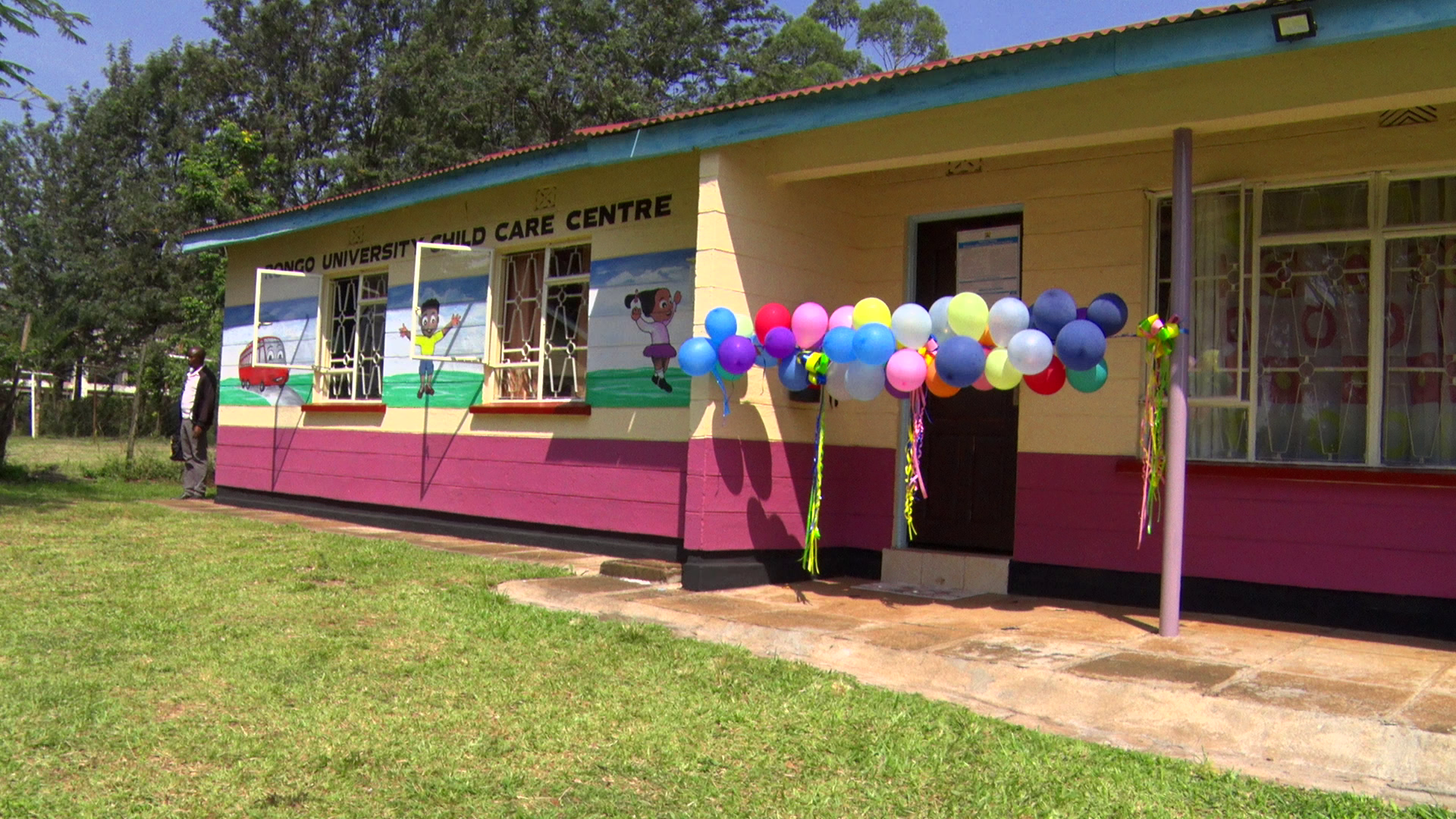
Established as a public institution in 2011, the institution serves over 10,000 students and hundreds of staff, with a mission rooted in inclusive education and community development.
The University has emerged as an ideal of progressive support for breastfeeding mothers by creating a model that integrates maternal health into its core operations.
The university’s commitment stems from a recognition that supporting student-mothers and staff is not just a legal obligation but a pathway to equity.
This proactive stance contrasts sharply with national trends.
“We saw it fit to build a day care facility within the institution to cater to university staff and student mothers to have a decent place for breastfeeding,” says Prof. Samuel Gudu, the Vice Chancellor of Rongo University.
He said that the centre has helped mothers who are students in the institution, with a humble time to breastfeed and bond with their infants without missing classes and other extracurricular activities
He further revealed that the facility has also helped staff to report to their duty stations without worrying about their young ones, giving them an extra motivation to perform their tasks in the institution.
According to Gudu, the University is committed to developing skills in health care and to doing research and innovation towards breastfeeding to contribute positively to the health care system.

As recounted by both Ms Akoth and Omondi about the challenges they faced as student mothers, the child facility helped them by enabling them to breastfeed their children for one and a half years without interrupting their lecture sessions.
Akoth says that although she was not able to exclusively breastfeed her baby for the first six months due to challenges of balancing her education, she is proud that the facility will help a lot of mother students to do the same and put a smile on the faces of infants.
Rongo University Child Care Unit
Prof. Wilson Otenga the Principal Partner and Patron of The Rongo University Child Care Unit, said the facility has ensured inclusivity in education.
He says that the Child Care Unit was formed based on three principles: to help student mothers to post good marks by attending lectures, the child to get proper growth and development through the provision of a good environment, and the student mother to get something to eat to generate milk and energy to study.
Funded partly by ChildFund and the Lake Region Development Programme, this initiative has directly addressed the needs of student mothers on campus, allowing them to pursue degrees without sacrificing infant nutrition.
The institution has over 150 student mothers who need support to help them give the best to their infants, as well as concentrate on their education.
In the 2025 January-May semester alone, a total of 55 student mothers used the facility for their children.
Apart from students, the unit also acts as a day care facility where staff drop their young ones for care under the supervision of two staff members who were seconded by the Rongo University.
“Daily, the facility can receive between 20 and 30 children aged between six months and three years. The day care operations start as early as seven o’clock and end as late as 17:30 hours,” said the Patron.
He added that student mothers also find time to run their side hustles to sustain themselves when not in lecture halls.
“Students drop their young ones at the facility not only to attend lectures but also to run their side hustles to generate some income that can sustain them throughout the semester”, said Otenga.
To keep the facility running effectively, the staff and student mothers utilising the facility unanimously agreed to contribute 50 Kenyan shillings daily to help cater for soap, uji (porridge) and other necessary items needed by infants.
Although the facility has become a big success on the campus, challenges of bedding and toys (indoors and outdoors) remain.
As the world marked Breastfeeding Week on August 11th 2025, themed Priorities Breastfeeding: Create Sustainable Support Systems, Kenya held its national celebrations at Rongo University.
Kenya’s Ministry of Health intervention
Kenya’s Principal Secretary for the State Department for Public Health and Professional Standards, Ms Mary Muthoni, stressed the need for broader support for initiatives like the one in Rongo.
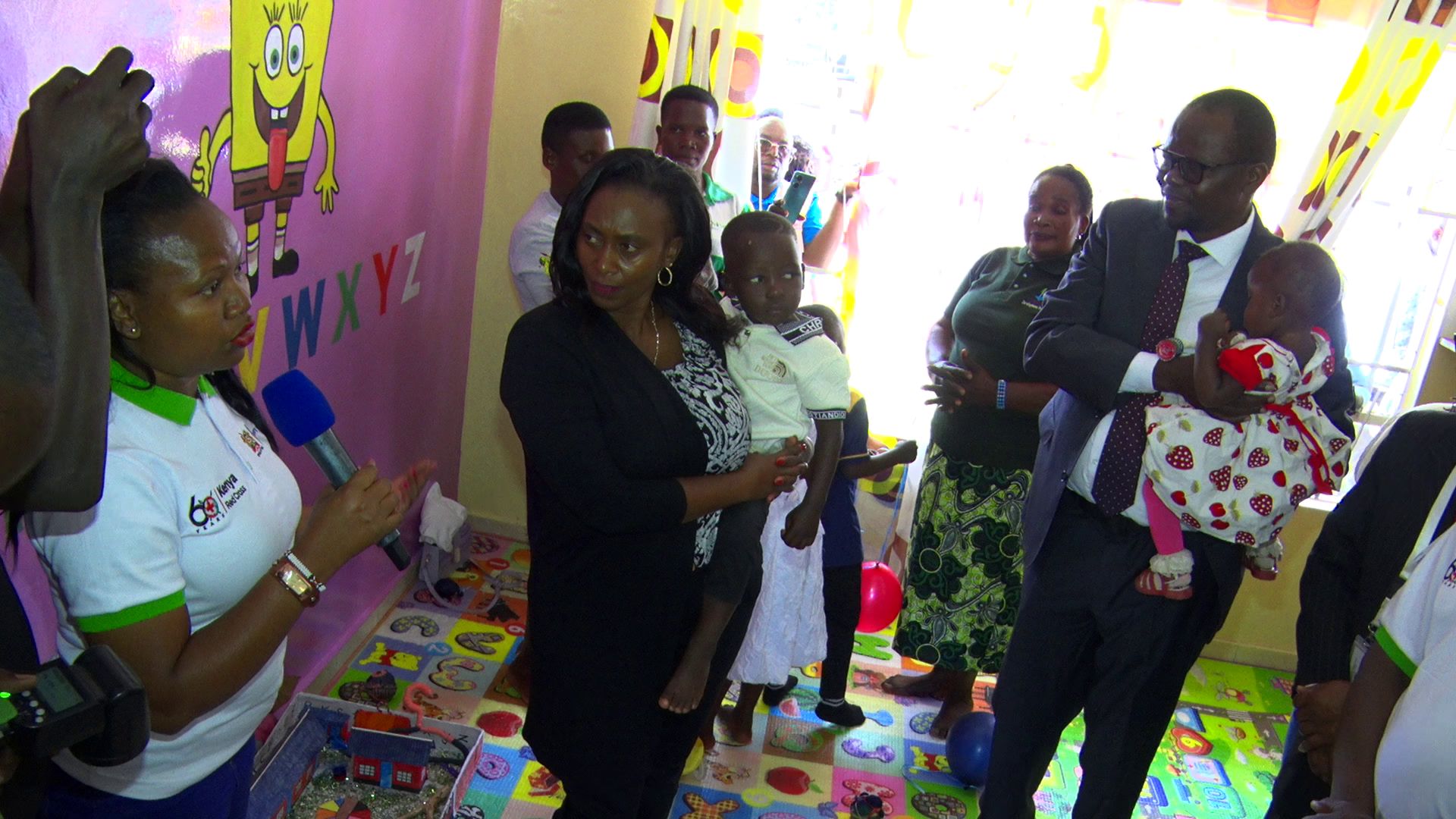
However, she noted weak enforcement due to limited funding for workplace audits and aggressive formula marketing, which undermines the Act’s provisions.
Since it is Kenya’s Ministry of Health (MoH) that backed the Health Act of 2017, the ministry is promoting exclusive breastfeeding through initiatives like Baby-Friendly Hospital Initiative (BFHI) and the Nutrition Improvement through Cash and Health Education (NICHE) project.
These programs train health workers and provide cash incentives to vulnerable mothers to boost breastfeeding rates, which stagnated at 60% in 2024, per the Kenya Demographic and Health Survey.
“We are resolute in prioritising child health, but we need multi-sectoral buy-in to close the gap. The MoH is pushing for more workplace lactation stations to reverse the breastfeeding decline,” said Ms Muthoni.
Migori County, in pursuit of the footsteps of Rongo University, has declared to have a section of child care to accommodate breastfeeding business women in its newly built markets under construction across the county.
This was announced by Migori Governor Dr Ochilo Ayacko during World Breastfeeding Week 2025.
“The day care sections in our new markets will ensure business women continue doing their chores, as well as providing a place for kids to play and bond,” said Dr Ayacko.
The county has also supported the university’s creche through logistical partnerships and launched a Lactation Unit at Migori County Referral Hospital back in May 2024.
